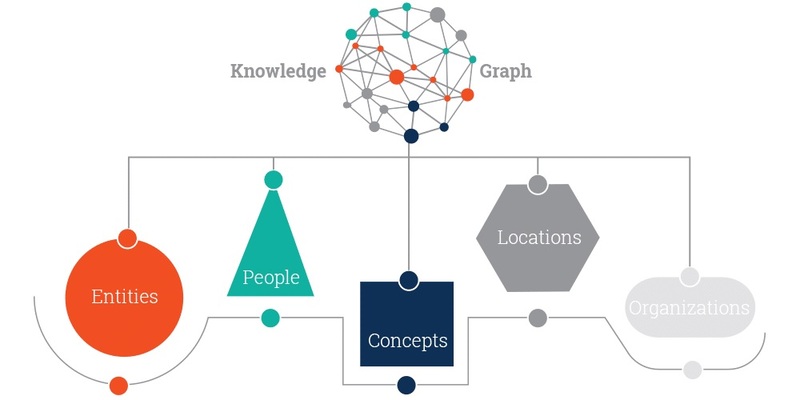
The global market for rheumatoid arthritis treatments is expected to grow at a CAGR of...
Learn More
Our consulting solutions address company specific challenges with respect to micro environment...
Learn More
Organizations frequently need day-today research guidancein order to gain strategic...
Learn More
Exploring different areas of market research and market analysis is a key factor...
Learn MoreAcute Market Reports presents the most extensive global business research services across industries. Our research studies focus on potential outcomes, benefits, and risks associated with each market segment across geographies. Having served our global clients for more than 10 years, our prime priority is to enable our clients in making well-informed business decisions through a data-driven, analytical, and uncomplicated research approach.
We provide access to the world's most comprehensive, analytical, and updated business intelligence services and solutions.




The fat replacers market is expected to grow at a CAGR of 6.5% from 2025 to 2033, driven by factors such as increasing health consciousness among consumers, demand for low-fat and low-calorie food products, and advancements in food processing technol...
Read More
The semantic knowledge graphing market is expected to grow at a CAGR of 15% during the forecast period of 2025 to 2033. A semantic knowledge graph is a representation of structured data that links different entities and their relationships. It provid...
Read More
The disaster relief logistics market is expected to grow at a CAGR of 6.1% from 2025 to 2033, driven by the increasing frequency of natural disasters and humanitarian crises across the globe. These events have underscored the critical need for effici...
Read More




